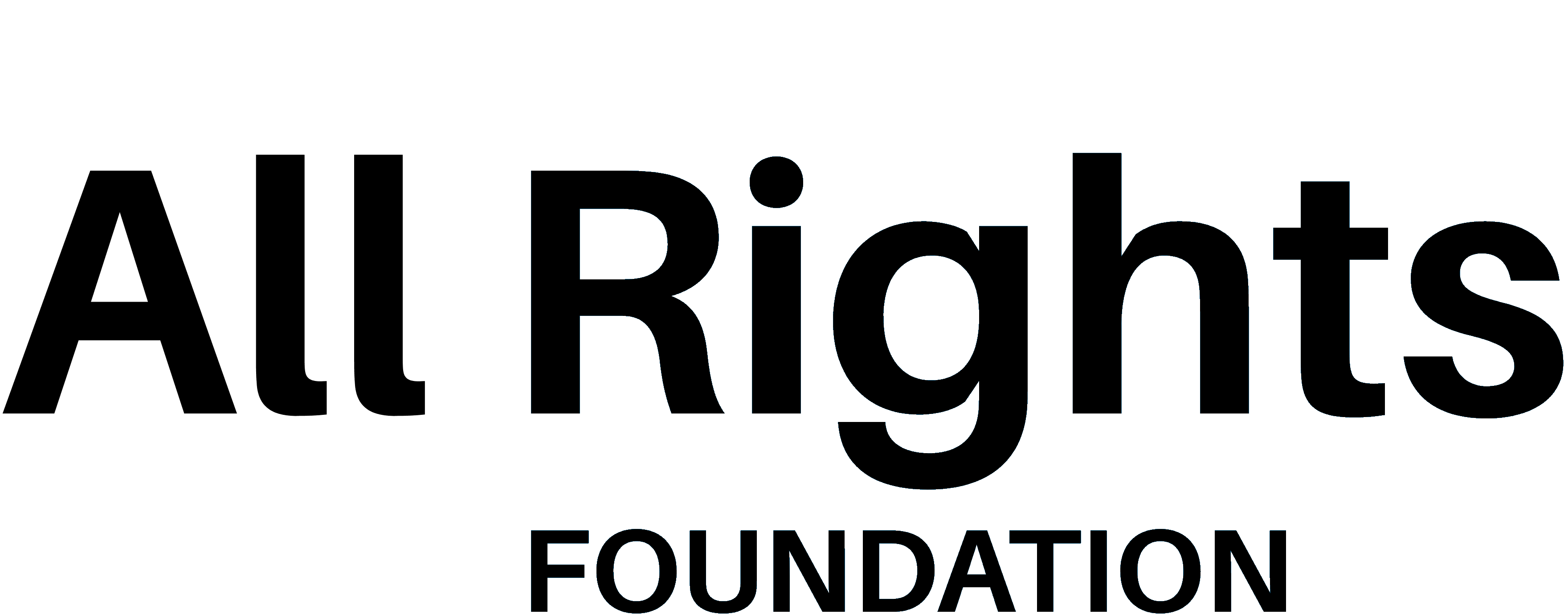In the Armenian media landscape, hate speech has reached alarming levels. It is intensely and publicly spread on the social media pages of news outlets. The comment section of posts on social media is a unique public space where any user can post any text with their fake or real account. Many users take advantage of this opportunity to target public figures, including female public and political figures. This phenomenon is harmful and dangerous not only due to its uncontrollable nature but also due to its high visibility and accessibility which increases the scope of its damage and expands the geographic boundaries of hate speech. At the same time, it is very important that news agencies take responsibility not only for their own publications but also for the discussions that arise in social media as a result of those publications. They need to control these processes and moderate the content of the comments containing hate speech. A successful example of such practice is the code of conduct of the Media Ethics Observatory, to which over eighty media outlets have joined. It addresses the need for media to moderate hate speech in sections 3.4.6 and 3.4.7 of its Code of Ethics of Armenian Media and Journalists.
This research seeks to answer the following question: What is the nature of hate speech directed at female political and public figures on social media in Armenia, and where do its roots lie? Given the widespread use of Facebook and YouTube and the diverse range of social groups present on these platforms, the researchers have selected the comment sections of posts on these platforms for the study. This is a typical example of the transactional model of communication. It reflects undirected and/or spontaneous interactions from various centers: social and political groups, professional communities, and individual users. In this context, one of the ways to control and regulate these interactions is by deleting comments that do not adhere to the media’s ethical standards.
The time frame for collecting and categorizing research material spans from January 1, 2021, to December 31, 2023—essentially covering the 2020 Nagorno- Karabakh postwar period. To understand online hate speech, specific criteria have been applied, including the presence of targeting individuals, insults, and incitements to violence.
Due to its complex and multifaceted nature, it is difficult to filter out only the expressions containing calls for violence, discrimination, etc. In the first stage of media monitoring, expressions of offensive and humiliating nature were compiled, after which they were classified according to the topic, nature, and basis of hate speech. Apart from the media monitoring, the research also contains focus group discussions and interviews with key individuals. Two one-on-one interviews have been conducted with experts working on gender-related issues in Armenia. Furthermore, two focus group discussions were carried out that included media professionals and civil society representatives who encounter issues of hate speech and gender equality struggles in their work.
This publication was developed by “All For Equal Rights” Foundation in the scope of the “Empowering Women: Digital Safeguarding Against Hate Speech” subgrant project within the framework of “EQUAL – EU 4 Women Empowerment in Armenia” project.
EQUAL – EU 4 Women Empowerment in Armenia” project is implemented by OxYGen Foundation, European Partnership for Democracy NGO, Netherlands Helsinki Committee NGO, Women’s Support Center NGO, WINNET Goris Development Foundation in cooperation with Winnet Sweden NGO. The project is funded by the European Union.
This publication was produced with the financial support of the European Union. Its contents are the sole responsibility of “All For Equal Rights” Foundation and do not necessarily reflect the views of the European Union.
The activity benefited from the research, data collection and analysis support of Democracy Reporting International and coordination from the European Partnership for Democracy.
Last modified:
